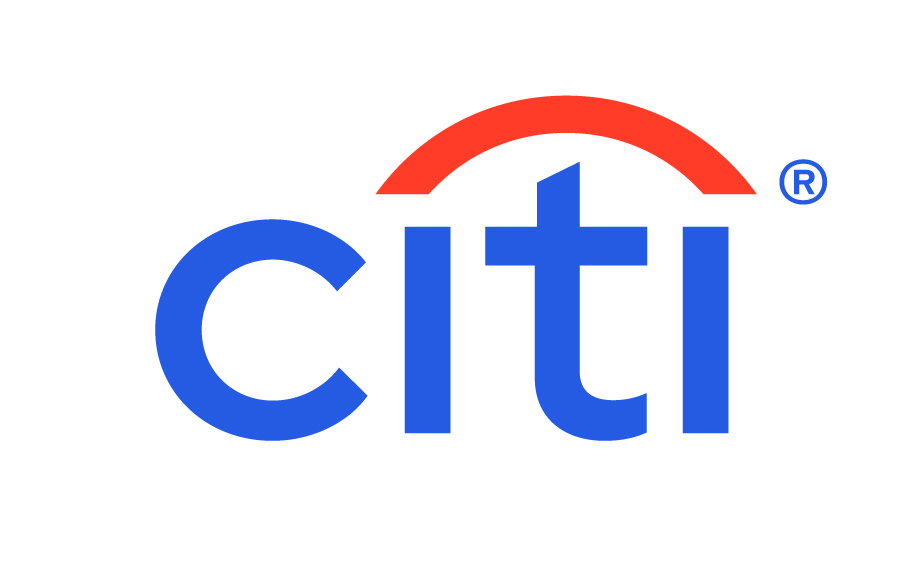Personal loans are one of the most versatile financial products available. Most personal loans allow you to do whatever you wish with the funds, from remodeling rooms in your home, to consolidating debt or paying off an old business loan. That said, an experienced loan officer may ask you how you intend to use the funds in order to help you choose the right loan type.
The short and sweet answer
Applying for a personal loan is like starting a new relationship. You should answer every question posed (whether it comes directly from a loan officer or via an online questionnaire) as thoroughly as possible. As the loan applicant, you owe it to a potential lender to give them a complete picture of your financial situation. Besides, if you forget to disclose information or they find out you've been dishonest, they're unlikely to approve your loan. No one wins in that situation.
The lender's perspective
From the moment you fill out a loan application, a lender is invested in learning everything they can about you. That's because things like your credit score and debt-to-income (DTI) ratio give them a sense of how well you have managed debt in the past and how much debt you currently carry in relation to your income. These are things they learn by ordering a copy of your credit report.
They will also want to know where you work, how long you've been there, and how much you earn. These are answers you provide. And whether you're borrowing money from a bank, credit union, or online lender, you may be asked about the loan's purpose. Your answer does not necessarily impact your odds of loan approval, but as mentioned, a good loan officer can help steer you toward the loan option that best meets your needs.
For example, some lenders specialize in debt consolidation and can help you understand how a debt consolidation loan works. It makes sense that a lender would want to know that the funds you borrow to pay off existing debt are used to pay the debt (some lenders will even pay the old debt off for you).
In addition, if your loan needs to be secured with some kind of collateral, your lender will want to know more about what it is you're offering up as security. If that's a car or a financial instrument like a certificate of deposit (CD), you'll need to provide information to your lender that allows them to evaluate the collateral's value.
Compare the best personal loans
Get the best rates and terms to fit your needs. Here are a few loans we'd like to highlight, including our award winners.
Your perspective as the borrower
It's all about the bottom line for the prospective borrower. Once you decide to borrow money -- for any reason -- you focus on finding the ideal loan for you. In addition to a loan payment you can easily manage, you want a personal loan with:
- A good interest rate
- No origination fee
- Reasonable closing costs
To land the best loan, you apply with several lenders. And because the best personal loan lenders do not run a hard credit check until you decide to borrow money from them, you don't have to worry about a ding to your credit score. Instead, you fill out an application, and they run a "soft" credit check that provides a snapshot of your credit history -- just enough for them to know if they would like to make a loan offer.
Once you've gathered a few loan offers, compare them to each other. This is what you're looking for:
- Which lender has the lower interest rate? Even half an annual percentage rate makes a difference in your monthly payment as well as the amount of interest you'll pay over the life of the loan.
- Which financial institution charges the lowest lender fees? It's never a good idea to pay more fees than necessary.
- Do any of the lenders charge a prepayment penalty? If you hope to pay your loan off early, there's no reason to work with a lender who will charge you for the privilege.
- Which lender offers a loan term that works with your budget? The faster you can pay a loan off in full, the less interest you'll pay. Still, you need the repayment term on a personal loan to be long enough to make the monthly payment easy to afford.
- What are the loan amounts offered by each lender? Any lender who offers to lend you the amount you requested should be a serious contender, provided they offer a low interest rate, low (or zero) fees, and no prepayment penalty.
Once you decide on a lender, the rest is easy. That lender will run a hard credit check. They may also request additional documentation like a tax return. Finally, they may have other questions for you. Your only job is to provide them with the answers they need.
FAQs
-
Yes, definitely disclose the purpose of your loan right away. Not only does this help give your lender some idea of what you plan to do with the money, they can sometimes get a better understanding of how you're handling your finances. For example, a lender might have different requirements for a borrower with a lot of debt who was wanting to consolidate that debt, than they would a similarly indebted borrower who was trying to finance a vacation.
-
Although you don't have to disclose payments like alimony or child support, these can be disclosed at your discretion. They may help improve your chances of getting the loan, since they generally count as income for lending purposes. Just be sure you can provide documentation from the court, in case it's needed.
Our Loans Experts
We're firm believers in the Golden Rule, which is why editorial opinions are ours alone and have not been previously reviewed, approved, or endorsed by included advertisers. The Ascent does not cover all offers on the market. Editorial content from The Ascent is separate from The Motley Fool editorial content and is created by a different analyst team.
We're firm believers in the Golden Rule, which is why editorial opinions are ours alone and have not been previously reviewed, approved, or endorsed by included advertisers. The Ascent does not cover all offers on the market. Editorial content from The Ascent is separate from The Motley Fool editorial content and is created by a different analyst team.
*SoFi Personal Loan Disclaimer
Fixed rates from 8.99% APR to 29.99% APR reflect the 0.25% autopay interest rate discount and a 0.25% direct deposit interest rate discount. SoFi rate ranges are current as of 02/06/2024 and are subject to change without notice. The average of SoFi Personal Loans funded in 2022 was around $30K. Not all applicants qualify for the lowest rate. Lowest rates reserved for the most creditworthy borrowers. Your actual rate will be within the range of rates listed and will depend on the term you select, evaluation of your creditworthiness, income, and a variety of other factors.
Loan amounts range from $5,000–$100,000. The APR is the cost of credit as a yearly rate and reflects both your interest rate and an origination fee of 0%-7%, which will be deducted from any loan proceeds you receive.
Autopay: The SoFi 0.25% autopay interest rate reduction requires you to agree to make monthly principal and interest payments by an automatic monthly deduction from a savings or checking account. The benefit will discontinue and be lost for periods in which you do not pay by automatic deduction from a savings or checking account. Autopay is not required to receive a loan from SoFi.
Direct Deposit Discount: To be eligible to potentially receive an additional (0.25%) interest rate reduction for setting up direct deposit with a SoFi Checking and Savings account offered by SoFi Bank, N.A. or eligible cash management account offered by SoFi Securities, LLC (“Direct Deposit Account”), you must have an open Direct Deposit Account within 30 days of the funding of your Loan. Once eligible, you will receive this discount during periods in which you have enabled payroll direct deposits of at least $1,000/month to a Direct Deposit Account in accordance with SoFi’s reasonable procedures and requirements to be determined at SoFi’s sole discretion. This discount will be lost during periods in which SoFi determines you have turned off direct deposits to your Direct Deposit Account. You are not required to enroll in direct deposits to receive a Loan.
Impact to credit score: To check the rates and terms you may qualify for, SoFi conducts a soft credit pull that will not affect your credit score. However, if you choose a product and continue your application, we will request your full credit report from one or more consumer reporting agencies, which is considered a hard credit pull and may affect your credit.
*Upstart Loan Disclaimer
The full range of available rates varies by state. The average 3-year loan offered across all lenders using the Upstart platform will have an APR of 21.97% and 36 monthly payments of $35 per $1,000 borrowed. For example, the total cost of a $10,000 loan would be $12,646 including a $626 origination fee. APR is calculated based on 3-year rates offered in the last 1 month. There is no down payment and no prepayment penalty. Your APR will be determined based on your credit, income, and certain other information provided in your loan application.
Citi Personal Loan disclaimer:
**Rates as of 10-06-2023 . Your APR may be as low as 10.49% or as high as 19.49% for the term of your loan. The lowest rate quoted assumes excellent credit, and a loan term of 36 months or shorter. Otherwise, a higher rate will apply. For example, if you borrow $10,000 for 36 months at 15.99% APR, to repay your loan you will have to make 36 monthly payments of approximately $351.52.
There is a 0.5% APR discount if you enroll in automatic payments at loan origination. Additionally, existing Citigold and Citi Priority customers will receive a 0.25% discount to the interest rate. If you are in default, your APR may increase by 2.00%. No down payment is required. Rates subject to change without notice.
You must be at least 18 years of age (21 years of age in Puerto Rico). Co-applicants are not permitted. Loan proceeds cannot be used for post-secondary educational or business purposes.
If you apply online, you must agree to receive the loan note and all other account disclosures provided at loan origination in an electronic format and provide your signature electronically.
Credit cards issued by Citibank, N.A. or its affiliates, as well as Checking Plus and Ready Credit accounts, are not eligible for debt consolidation, and Citibank will not issue payoff checks for these accounts. If you are unsure of the issuer on the account, please visit https://www.citi.com/affiliatesproducts for a list of Citi products and affiliates.


